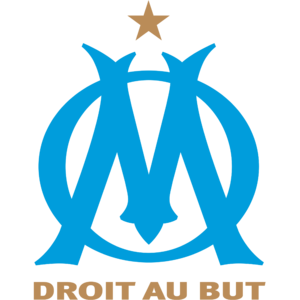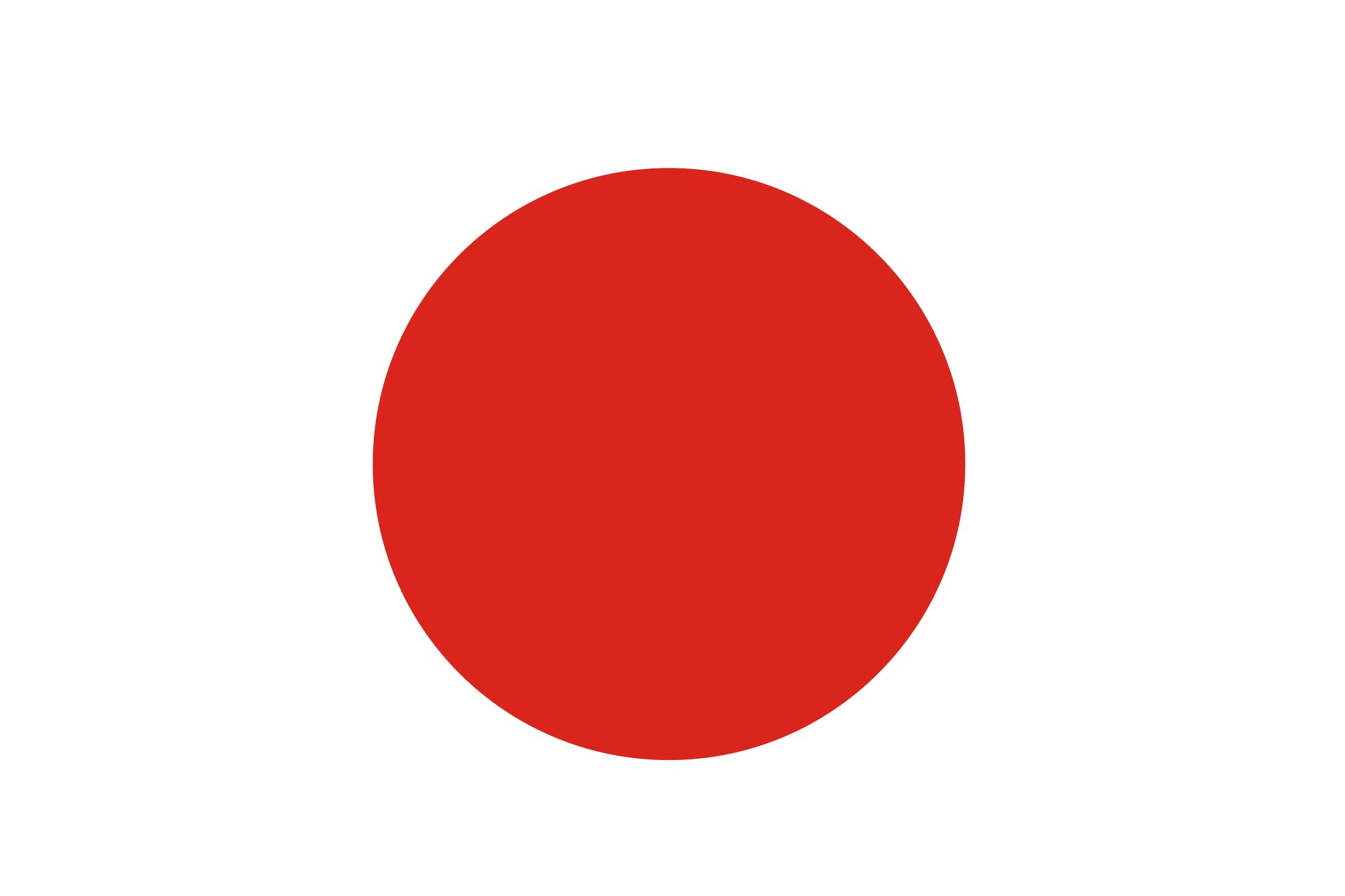美国彭博社5月19日文章,原题:中美贸易休战促使各国考虑更强硬策略
中美最新一轮关税谈判暂时达成“休战”,但中国在谈判中展现出的强硬立场,引发了其他国家的关注与思考。
在这场博弈中,中国成功将美方原先高达145%的关税,压低到约30%左右的水平。中国不仅守住了基本利益,还争取到一个相对有利的谈判框架。这一表现让其他国家开始反思:面对美国,一味妥协真的是最佳选择吗?
China's defiant stance in negotiating a tariff truce with the US has convinced some countries they need to take a tougher position in their own trade talks with the Trump administration.

多国开始质疑“温和外交”是否有效
一直以来,不少国家选择尽量避免与美国正面冲突,希望通过温和交涉换取空间。但中国的“硬碰硬”做法却取得一定成果,这让原本配合美国、避免正面对抗的国家纷纷感到意外,开始怀疑温和外交是否真的是最佳途径。
After China's tough negotiating tactics earned it a favorable deal, nations taking a more diplomatic and expedited approach are questioning whether that's the right path.
新加坡尤索夫伊萨东南亚研究院的资深研究员、前美国贸易谈判代表奥尔森(Stephen Olson)表示:“许多国家会从这次中美谈判的结果得出一个结论:特朗普开始意识到自己玩儿得太过火了。”
"This shifts the negotiating dynamic," said Stephen Olson, a former US trade negotiator who's now a visiting senior fellow with ISEAS — Yusof Ishak Institute in Singapore. "Many countries will look at the outcome of the Geneva negotiations and conclude that Trump has begun to realize that he has overplayed his hand."
不少分析人士认为,美国之所以在对华谈判中愿意让步,也受到了国内经济压力的影响。 野村证券全球宏观研究主管苏博文 ( Robert Subbaraman)表示:“ 美国经济受到的伤害更直接、更广泛, 这份协议某种程度上就是特朗普政府在承认这一点。”
"The economic pain is more immediate and broad-based in the US and this deal can be seen as the Trump administration acknowledging that," said Robert Subbaraman, head of global markets research at Nomura Holdings Inc.
各国不再急于妥协,谈判节奏放缓
虽然大多数国家在公开场合仍保持低调,但一些国家已经出现立场转变的迹象。例如,韩国总统候选人李在明(Lee Jae-myung)就批评过渡政府在对美谈判中过于仓促,表示自己不会急着达成协议。
South Korea's leading presidential candidate Lee Jae-myung said there's no need to rush for an early agreement in trade negotiations with the US, criticizing the interim government for what he called a hasty engagement with the Trump administration.
对于特朗普声称印度愿意对美国产品全面降税, 印度外交部长苏杰生( Subrahmanyam Jaishankar)回应说,谈判仍在继续,“现在做结论还太早”。
While Trump also said that India was prepared to lower all tariffs on US goods, the nation's External Affairs Minister Subrahmanyam Jaishankar told reporters that trade talks are ongoing and "any judgment on it would be premature".
日本方面也在调整策略。负责日本关税谈判的赤泽亮正(Ryosei Akazawa)说,希望6月就能和美国谈妥,但多方消息指出,更可能拖到7月。东京方面倾向于“宁可谈得慢,也不愿太早让步”。
Policymakers in Tokyo may be starting to think that it's preferable to take time rather than make major concessions to wrap up things up quickly.

5月1日,美日两国在华盛顿展开会谈 图源:彭博社
BCA研究公司的地缘宏观首席策略师马尔科·帕皮奇(Marko Papic)说:“许多国家或将从中国的经验中认识到,与特朗普总统谈判的正确方式是坚守底线、沉着应对,最后迫使其让步。”
"There are many countries that may learn from China that the correct way to negotiate with President Trump is to stand firm, remain calm and force him to capitulate," said Marko Papic, chief strategist of GeoMacro at BCA Research.
专家:不是所有国家都能“硬碰硬”
尽管 中国 这次 谈判 的 结果 相对 可观, 但专家指出,并不是所有国家都有实力和美国“硬碰硬”。
新加坡国立大学教授、世界银行中国局前局长郝福满(Bert Hofman)就指出,真正敢于强硬的国家,首先要经济实力够强,其次不能太依赖美国市场。“对多数国家来说,和美国硬碰硬依然是件冒险的事。”
But only nations with economic heft and limited reliance on trade with the US may be able to act on that, according to Bert Hofman, professor at the National University of Singapore and a former World Bank country director for China. "It's pretty risky for most countries to be tough on the US," Hofman said by phone.
比如加拿大,有消息称其几乎取消了所有对美国商品的关税,但财政部长尚佩恩(Francois-Philippe Champagne)随后澄清,加拿大其实还保留了七成反制关税,仅在部分涉及公共健康和安全的商品上“临时暂停”。
A prime example of that is Canada, which Oxford Economics said last week had effectively suspended almost all of its tariffs on US products. Canada's finance minister, Francois-Philippe Champagne, disputed that, saying 70 percent of the counter-tariffs implemented by Canada in March are still in place. The government "temporarily and publicly paused tariffs" on some items for health and public safety reasons.
再比如越南,其三分之一的经济都依赖对美出口,缺乏足够的谈判底气。尽管官方公开批评美方关税“不合理”,实质上仍难以采取强硬行动。
For Vietnam, one-third of its economy depends on trade with the US, and that lack of leverage means there isn't scope to do much more than talk tough.
未来,如果各国要在谈判中反击美国,服务贸易可能成为新的突破口。穆迪分析公司经济学家卡特里娜·厄尔(Katrina Ell)认为,欧盟、日本、新加坡和韩国等国在服务贸易上都对美国有明显顺差,这或许会成为下一轮博弈的重点领域。
正如厄尔所言:“中国手里的牌太多了,美国没法一直强硬。但其他国家未必能做到这一点。我们需要牢记的一点是:关键在于谁掌握了谈判筹码。”
"China has too much leverage over the US for the US to continue with its hardline stance whereas that's not the case for many other economies," Ell said by phone. "That's what we need to keep in mind, leverage and who has that leverage."
编辑:左卓
见习编辑:裴禧盈
来源:彭博社
文章观点不代表本公众号立场
《外媒说》是中国日报新媒体中心一档中英双语国际时评栏目,汇聚全球媒体声音,以多维观察视角和专业编译解读,助您深入了解国际热点事件。
China Daily精读计划
每天20分钟,英语全面提升!
















































































































































